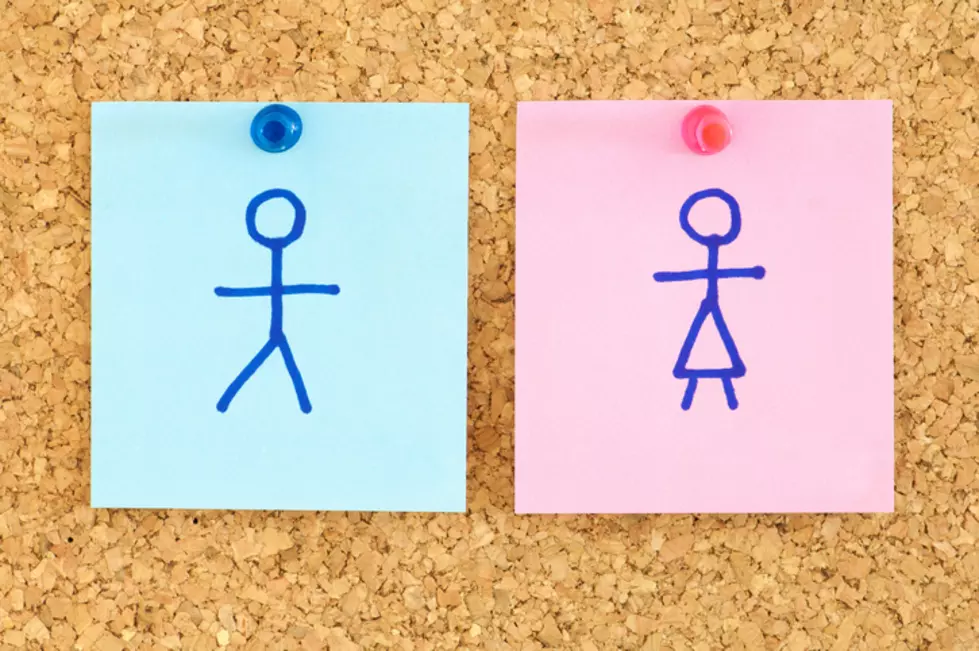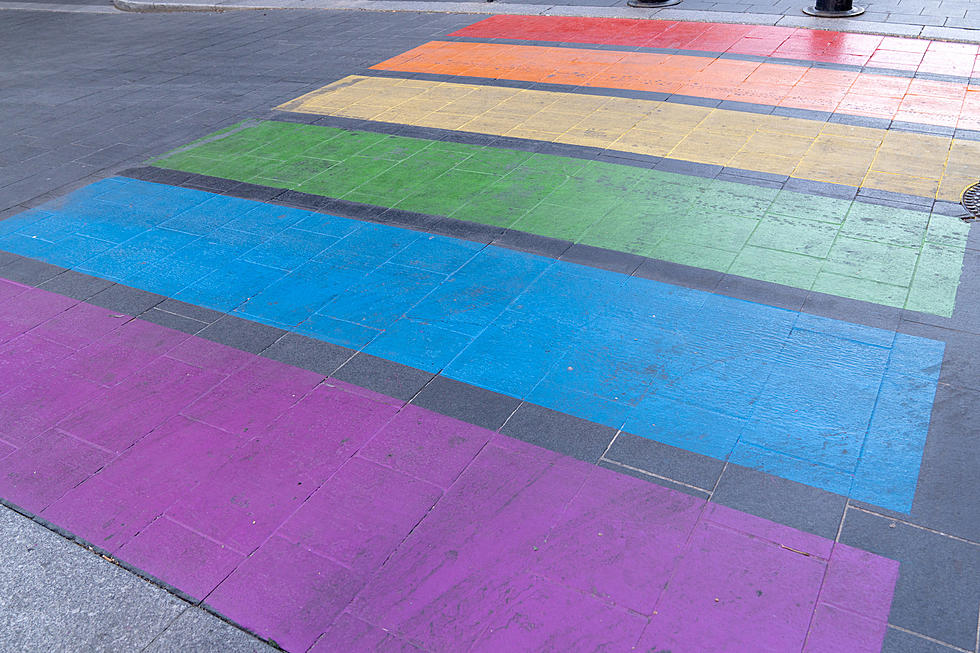
Equality Index Ranks NJ Based on LGBTQ Laws and Policies
New Jersey lands in the best of four possible tiers for its laws and policies that affect LGBTQ individuals, according to an annual index released by the Human Rights Campaign Foundation and the Equality Federation Institute.
The state is one of 19 that fit the bill for the highest-rated category, "Working Toward Innovative Equality."
Sarah Warbelow, legal director for the Campaign, tells New Jersey 101.5 that the state has all the "basic building blocks" in place for the LGBTQ population, including non-discrimination in employment, housing and education, both for sexual orientation and gender identity.
"Many states lack those basic non-discrimination protections for LGBTQ people," Warbelow said.
According to the Human Rights Campaign, 379 pro-equality bills were introduced by states and D.C. in 2020, while 47 were passed into law. Also that year, 185 bills considered anti-LGBTQ were introduced, and four were passed into law, including two in Idaho — one that prohibits transgender girls from participating in girls' sports, and another that blocks transgender individuals from updating the gender on their birth certificates.
Gov. Phil Murphy signed a law in 2018 that simplifies the process for residents who want to the change the gender marker on their birth certificates. A doctor's note, meanwhile, isn't needed from transgender New Jersey residents who want to change the gender on their license. A New Jersey Supreme Court rule amendment made in 2020 reduces costs for individuals who go through a legal name change.
"During the last four years, with an administration in The White House chipping away at LGBTQ equality, we have seen firsthand how important state and local laws are," said Christian Fuscarino, executive director of Garden State Equality.
New Jersey is not perfect in this area, though, according to advocates. Warbelow said New Jersey can still work to include non-discrimination against the LGBTQ population in jury selection, better address LGBTQ youth homelessness, and improve data collection related to the population.
"We want to make sure that we understand what LGBTQ folks are experiencing in terms of health disparities, so that the state can better address all of its residents," Warbelow said.

CHECK OUT: Top Jersey Shore Love Stories
More From WPG Talk Radio 95.5 FM










